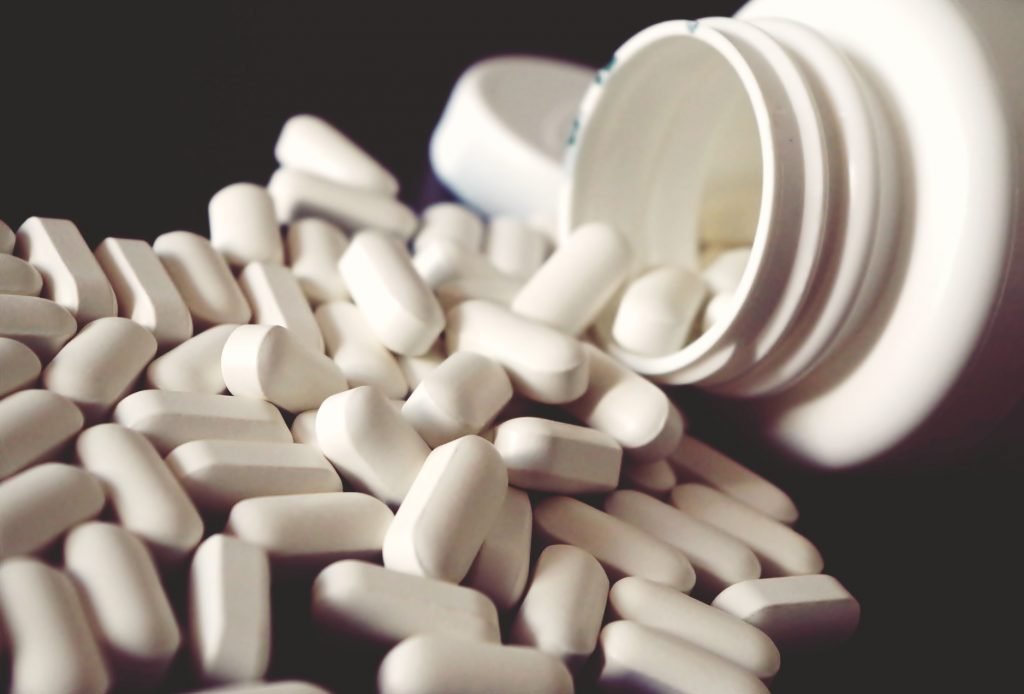INVOKANA effective to treat CKD and type 2 diabetes
July 17, 2018 | Tuesday | News
INVOKANA® has the potential to be the first new therapy in more than 15 years for slowing the progression of chronic kidney disease in patients with type 2 diabetes
The Janssen Pharmaceutical Companies of Johnson & Johnson announced that the Phase 3 CREDENCE (Canagliflozin and Renal Events in Diabetes with Established Nephropathy Clinical Evaluation) clinical trial, evaluating the efficacy and safety of INVOKANA® (canagliflozin) versus placebo when used in addition to standard of care for patients with chronic kidney disease (CKD) and type 2 diabetes (T2D), is being stopped early based on the achievement of pre-specified efficacy criteria.
The decision is based on a recommendation from the study's Independent Data Monitoring Committee (IDMC) that met to review the data during a planned interim analysis. This recommendation was based on demonstration of efficacy, as the trial had achieved pre-specified criteria for the primary composite endpoint of end-stage kidney disease (time to dialysis or kidney transplantation), doubling of serum creatinine, and renal or cardiovascular (CV) death, when used in addition to standard of care.
CREDENCE is the first dedicated renal outcomes trial in patients with CKD and T2D on the background of standard of care, including angiotensin-converting enzyme (ACE) inhibitors and angiotensin II receptor blockers (ARBs). This randomized, double-blind, placebo-controlled, parallel-group, multicenter clinical trial evaluates the efficacy and safety of canagliflozin versus placebo in preventing clinically important renal and CV outcomes in patients with T2D and established kidney disease.
The trial enrolled approximately 4,400 patients with T2D, estimated glomerular filtration rate ≥30 to <90 mL/min/1.73 m2, and albuminuria (urinary albumin: creatinine ratio >300 to ≤5,000 mg/g). All patients were required to be on the maximum labeled or tolerated dose of an ACE inhibitor or ARB for more than four weeks prior to randomization.
At this time, INVOKANA® is contraindicated for patients with severe renal impairment (eGFR less than 30 mL/min/1.73 m2), end-stage renal disease (ESRD), or patients on dialysis. In addition, INVOKANA® is not recommended when eGFR is persistently less than 45 mL/min/1.73 m2.










